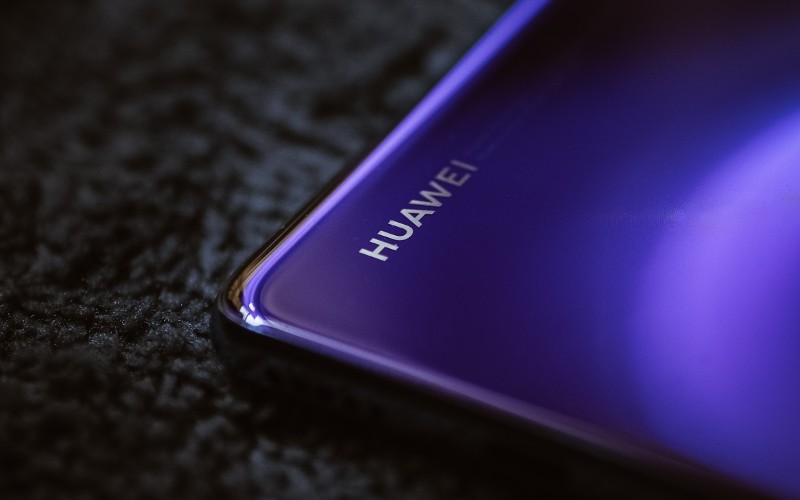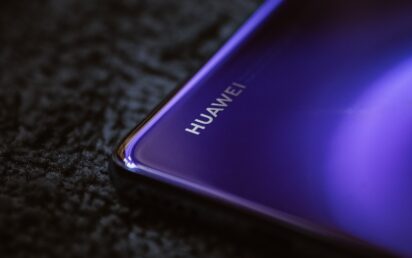Apple, the tech giant that has long been a symbol of innovation and American technological prowess, is facing significant challenges in China. Recent moves by the Chinese government to extend curbs on iPhone use by government workers have sent shockwaves through the company, resulting in a staggering $200 billion (£160 billion) drop in its market value. This is just the latest development in a complex web of economic and political tensions between the United States and China.
The crux of the issue lies in the ongoing struggle for dominance in the global tech landscape. Washington has been actively working to limit China’s access to cutting-edge technologies, particularly advanced chip technology. In parallel, Beijing has been striving to reduce its reliance on American tech giants. This tug-of-war has far-reaching consequences for companies like Apple, which find themselves caught in the crossfire. Apple, which has featured in a lifestyle magazine, has faced some forms of rivalries with the Chinese giant Huawei.
The recent 6.4% decline in Apple’s shares over just two days comes in response to Beijing’s decision to prohibit some state employees from using iPhones. This move has ignited fears that Apple and its suppliers may be forced to pay a heavy commercial price as tensions between the US and China escalate. Adding to Apple’s concerns is the resurgence of its Chinese rival, Huawei, which has just launched two new smartphones.
These developments are particularly noteworthy as they coincide with the highly anticipated launch of Apple’s new iPhone 15. The ban on government workers and state-owned company employees using iPhones has led to growing speculation about the extent of its impact.
Reports indicate that the ban may also extend to visitors, signalling a concerted effort to reduce the presence of foreign-branded phones in China. To encourage compliance, affected companies are reportedly offering incentives of up to 200 yuan (£22) to employees who switch to locally manufactured smartphone brands.
While the exact number of central government employees affected by the ban remains undisclosed, experts estimate that it could potentially lead to a significant reduction in iPhone sales in China. This could result in a yearly decline of up to 10 million units, a substantial portion of China’s annual iPhone sales, which typically hover around 50 million units.
In stark contrast, Huawei, often referred to as China’s ‘national champion’, is positioned for a resurgence in the smartphone market. Huawei’s smartphone business faced significant setbacks when it was placed on a trade blacklist over national security concerns in 2019. However, the recent launch of the Mate 60 Pro is expected to drive a remarkable 65% increase in smartphone sales this year, reaching an estimated 38 million units. This projection comes from Ming-Chi Kuo, an analyst at TF International Securities.
The repercussions of this situation extend beyond Apple’s balance sheet. China represents the company’s largest international market, contributing approximately 20% of its total revenues. The ban on iPhones in government circles presents a significant headwind for Apple, making it clear that even a company with a substantial presence and seemingly good relations with the Chinese government is not immune to the challenges posed by geopolitical tensions.
As Victoria Scholar of Interactive Investor, a UK investment platform, notes: “Beijing is looking to reduce its dependence on US technology.” However, the ban on iPhones underscores the complexity of this endeavour and the potential economic consequences for foreign companies operating in China.
When questioned about the ban, Chinese foreign ministry spokesperson Mao Ning emphasised that “products and services from any country are welcome to enter the Chinese market as long as they comply with Chinese laws and regulations.” This statement reflects China’s desire for a regulatory environment that aligns with its national interests.
The situation also highlights the vulnerability of international tech companies to the changing dynamics between the US and China. Tensions between these two economic giants have intensified in recent years, leading to increased efforts by Washington to restrict China’s access to critical technological advancements, particularly in semiconductor manufacturing.
The US Commerce Department’s scrutiny of the new chip in Huawei’s Mate 60 Pro exemplifies this. Some experts believe that the chip’s characteristics and composition may not have been achievable without the involvement of prohibited US technology. This development underscores the intricate web of regulations, politics, and economic interests that continue to shape the global tech landscape.
In conclusion, Apple’s challenges in China serve as a microcosm of the broader struggle for technological dominance between the US and China. These challenges highlight the intricate relationship between global tech giants and the ever-evolving geopolitical landscape. As Apple navigates this complex terrain, it is a stark reminder that even the most powerful players in the tech industry are not immune to the consequences of shifting political and economic dynamics on the world stage.


